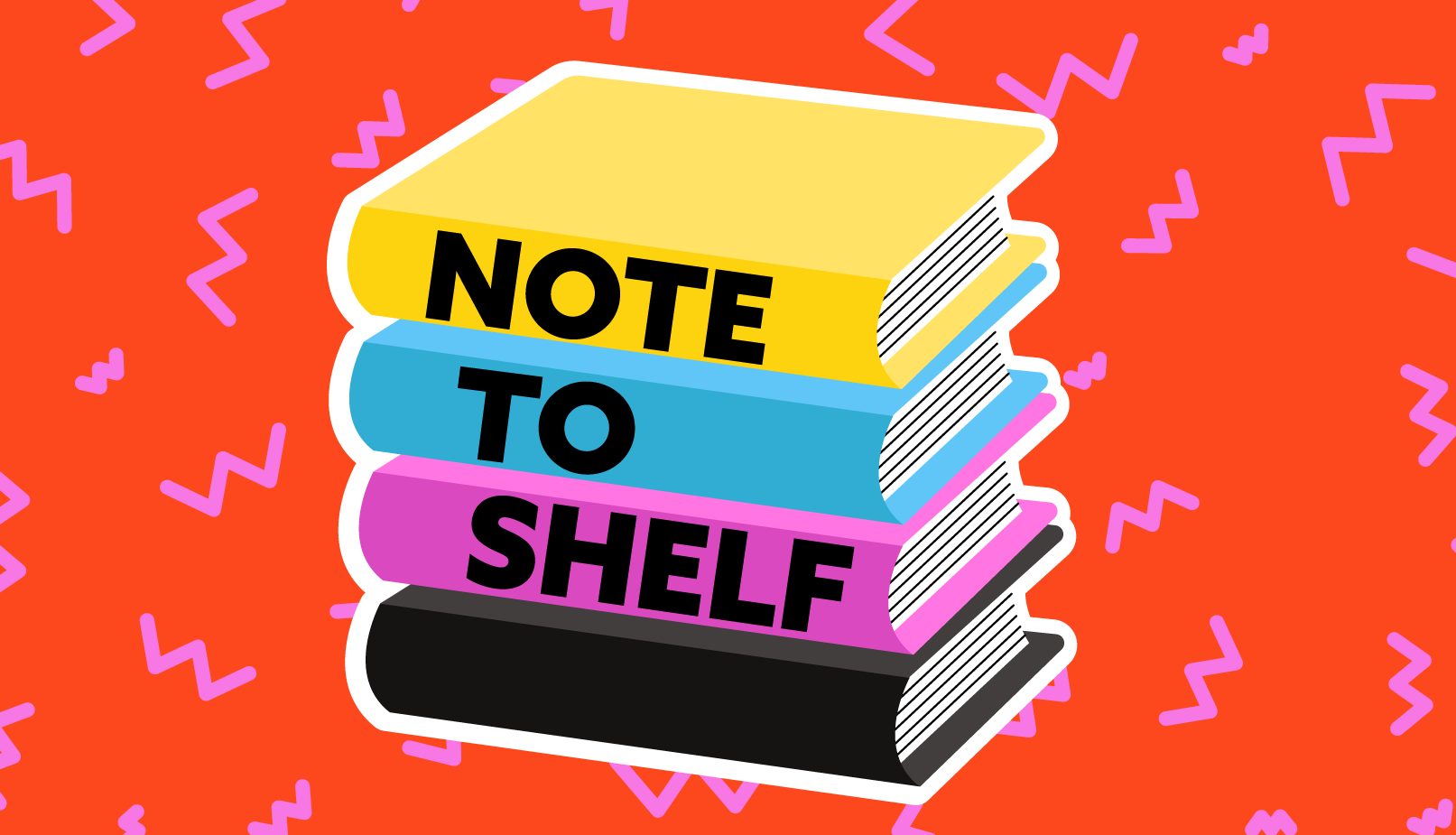For the longest time, I was averse to Stephen King, specifically because his books seemed to be everywhere.
Not seemed to be actually; they were and still are everywhere. In your local drugstore, the airport gift-shop, and at this point, even your street’s grocery store has a section for King.
I remember perusing the thriller and horror section of bookstores, and always being taken aback with the shelves dedicated to his works.
It angered me, for some reason. I kept thinking that if a writer has so many works out there, in so little time, they’re probably not that great. And for the love of god, why is he trusted with so many book reviews? Safe to say, I developed an aversion to this man without even reading anything he wrote. Tssk at 15-year-old Youmna wanting to seem cool.
For context, I am a huge fan of thrillers and horror stories—books or movies. For the latter, though, no Final Destination, Annabelle, or IT. Gore, dolls and clowns freak me out.
I have always been more of an Edgar Allan Poe girl. Yes, I understand how that confession may be confusing, seeing as I have just expressed my disgust towards gore, but Poe is an exception. Simply because alongside the gory details of his murder stories comes psychological trauma—something your girl here lives for.
But naturally, just as I fell for the Game of Thrones frenzy, I decided to pick up a copy of King’s famous work, The Shining, just so my negative opinion on the man could be founded on more than just sheer annoyance.
Let’s just say I got a well-deserved reality-check and schooling session when I found myself engrossed in the 500-page novel, eating it up word-for-word, only pausing for mandatory family dinners. Remember that “F.R.I.E.N.D.S” episode, when Rachel was reading the book, and lifted the potato squasher on Monica when she came home from work? That was pretty much how I was that summer, reading The Shining at 3 a.m. because I wanted to set the mood right.
When reading Stephen King, you are not just thrusted into his world of horrors and spirits. You are completely swallowed by it, in a way Edgar Allan Poe’s horror stories never managed to achieve. Some Poe readers will maybe agree with me when I say that although scary, his tales never shook me to the core, to the point where mundane tasks became terrifying.
King has that power.
The movie adaption of The Shining was child’s play compared to what I felt while reading the book. I was completely terrified by the last page, unable to get “All work and no play makes Jack a dull boy” out of my head.
Perhaps the reason King’s work is so captivating, yet terrifying, is because regardless of the supernatural aspect of certain stories, the monsters and fears come from real life—and let’s not forget his beautiful writing style, proving my initial judgment wrong.
King traps you in his world because he knows what humans fear most, and makes both the worst and best of it, by writing his stories and scaring the hell out of us.
In The Shining, Jack’s monster is alcoholism, and Danny and Wendy’s fears are based on Jack’s loss of control. As for me, I will never stay in another hotel ever again.
Graphic by @sundaeghost
